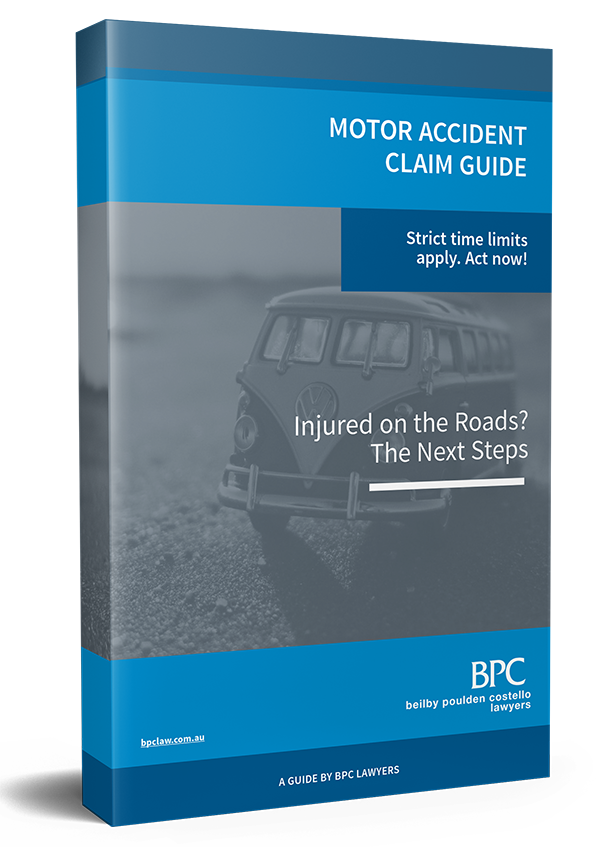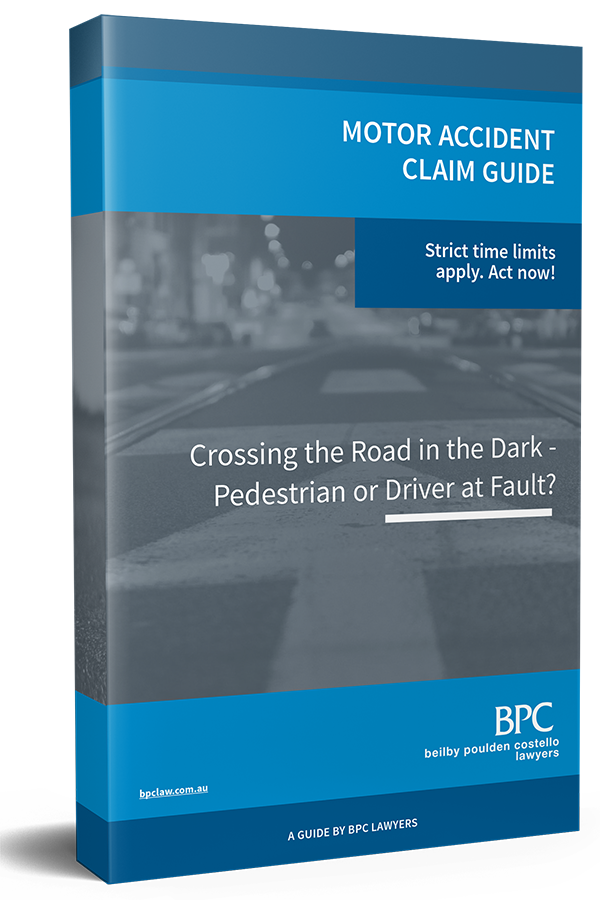Injury Management Guide
Suffered an injury as a result of work? Need expert representation?
All employees in New South Wales are covered by workers compensation insurance in the event of an injury which occurs during the course of their employment.
BPC Lawyers endeavour to obtain favourable outcomes and to protect the rights of Sydney’s injured workers.
Don’t delay! Contact our Workers Compensation Specialists today.
Suffered an injury at work and struggling to get proper Workers Compensation Claims?
Contact BPC Lawyers at (02) 8280 6900 to get free legal consultation.
If a worker is injured an employer must:
- Attend to the injured worker as soon as possible;
- Notify the insurance company within 48 hours;
- Co-operate and participate with the insurance company to develop an injury management plan;
- Implement and monitor a return to work plan for the injured worker.
Obligation of an injured worker
An injured worker must accept suitable duties if offered. The workers compensation benefits will be stopped if you do not accept the suitable duties. You must comply with the injury management plan and a return to work plan and must in good faith attempt to return to work. If the insurance company can demonstrate that you have not sought suitable employment and you are fit to do so, then your payments can be stopped.
Role of the treating medical practitioner
The primary role of the medical practitioner or the nominated treating doctor is to oversee the medical management of a worker. The insurer has no right to tell a nominating treating doctor what treatment can or can not be provided. The insurer can only decline to pay for such treatment if it does not consider it is reasonable and necessary.
The nominated treating doctor is to provide a medical certificate that accurately reflects the workers’ level of fitness for work based on the doctor’s clinical opinion.
It is the doctor’s responsibility to determine fitness for work, not the insurer or a rehabilitation provider. Often a rehabilitation provider places undue pressure on the doctor to complete a medical certificate which certifies the worker fit for a particular type of work. This behaviour is against the intention of the Legislation and your solicitor should be notified immediately if this occurs.
A nominated treating doctor is also responsible for providing information to the insurer, the rehabilitation provider and other treating practitioners to assist in the worker’s management and return to work.
You are allowed to change your nominated treating doctor and approval should be sought from the insurer prior to this occurring.
Injury management plan vs. return to work plan
There are two types of plans intended to help you recover and return to work as soon as possible.
One is drawn up by the insurance company and is called an “Injury Management Plan”, the other is written by a rehabilitation provider and is called a “Return to Work Plan”.
1. Injury Management Plan
The insurance company is required to consult with the injured worker, the employer and the treating doctor prior to developing the injury management plan.
The injury management plan outlines all the services required to return the worker to the workplace. After establishing an injury management plan, the employer and the injured worker receive a copy of the plan from the insurance company and they both have an obligation to comply with it.
2. Return to Work Plan
The return to work plan is usually a written formal offer of suitable duties by the employer to the injured worker. It is designed to make clear what the worker can and can not do when they return to work. The plan must be agreed by all relevant parties including you, your supervisor, nominated treating doctor and rehabilitation provider.
Suitable duties
Suitable duties are short term work duties agreed between the employer and you to assist the injured worker’s rehabilitation. Suitable duties must comply with the current medical certificate and they include:
- Parts of the job you were doing before the injury;
- The same job but on reduced hours;
- Different duties all together;
- Duties at a different site;
- Training opportunities;
- Or a combination of all of the above.
The definition of suitable duties states that the following must be taken in to account:
- The Medical Certificate in which the treating doctor will list your capabilities;
- Your age, education and work skills;
- Where you live;
- The duties must be useful to the employer’s trade or business;
- The duties must comply with the injury management plan; and
- The duties must not be demeaning or token jobs.
Must an employer always provide suitable duties to an injured worker?
The answer to this question is yes. In practice however this does not always occur. The reality is that an employer must provide suitable duties if it is reasonably possible to do so.
If the employer fails to provide suitable duties it will effect the employer in two main ways:
- The cost of the claim will increase as a worker is entitled to special weekly compensation benefits (pursuant to Section 38) for up to 52 weeks. This will increase the cost of the workers compensation premium on the employer.
- The Workers Compensation Commission can impose a penalty of up to $5,000.00.
An employer does not need to provide suitable duties if you voluntarily resign or employment is terminated for reasons other than the injury.

